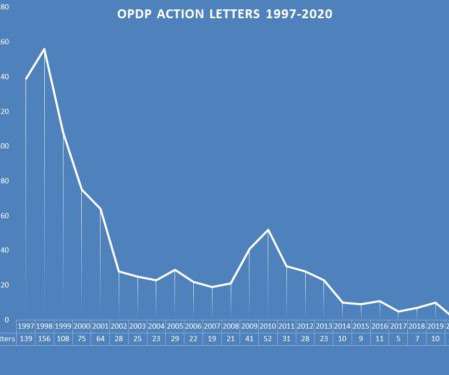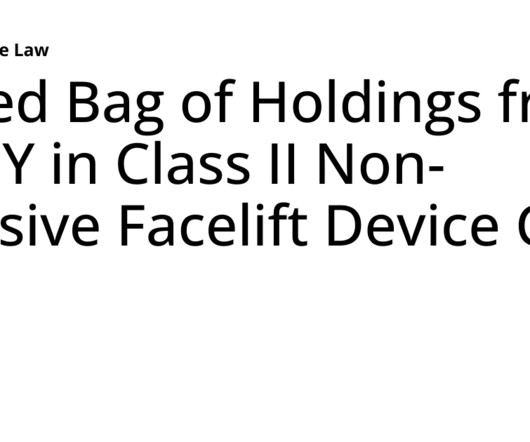Meet the Patient Advocate Panelists in Our Upcoming Webinar: Rare Disease Day 2023 Wrapped, What You Need to Take Away
Conversations in Drug Development Trends
FEBRUARY 22, 2023
I joined the FARA staff in 2009, and our team built a nationwide series of bike rides called rideATAXIA to raise funds for research. At Canary Advisors , we concentrate on patient-focused drug development, making sure sponsors, regulators, and other key stakeholders can better align with what’s most meaningful to patients.












Let's personalize your content